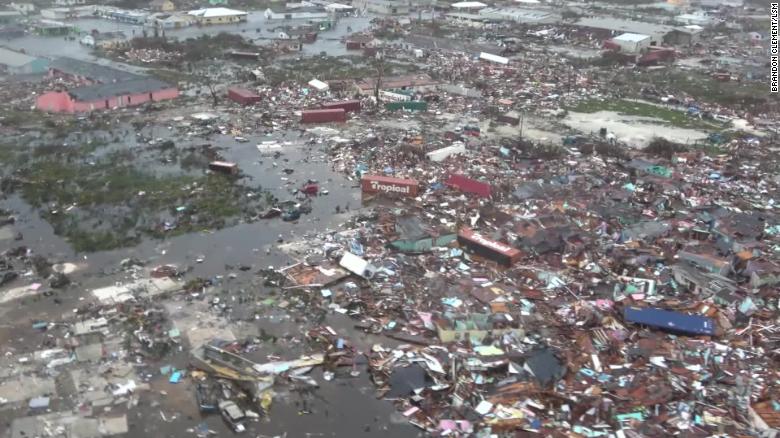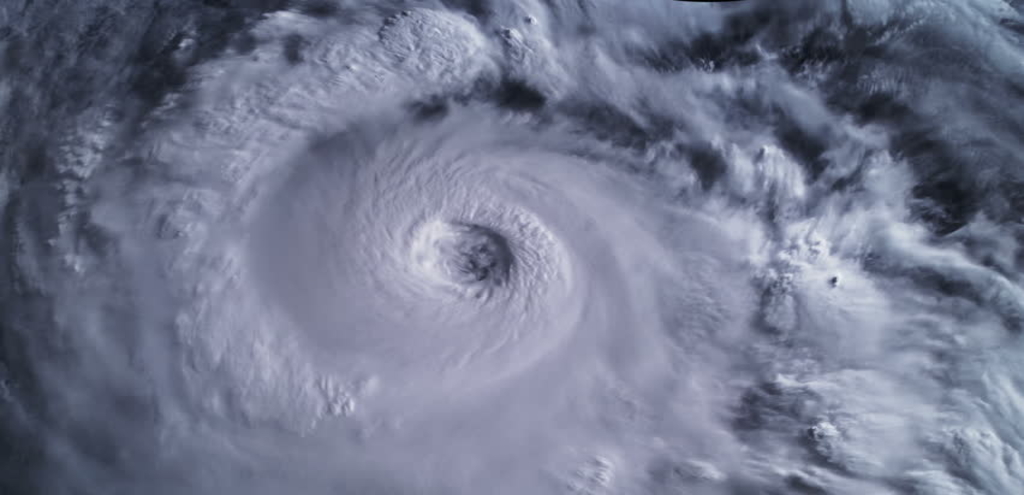Developing from a tropical wave in the Atlantic Ocean on August 24 to a Category 5 hurricane on September 1, Hurricane Dorian devastated several islands and the U.S. East Coast for over a week. The current confirmed death total is at 50 with an estimated 1,300 people still unaccounted for. The hurricane reached the Bahamas right after reaching Category 5 and tore through the archipelago for two days before subsiding to a Category 2 hurricane and hitting the eastern coast of Florida. Luckily, Floridians were very receptive to the call to evacuate.
While still a tropical storm, Dorian affected several Caribbean Islands, including the Virgin Islands, where damaging winds reached a peak of 111 mph, and still-repairing Puerto Rico. After gaining speed, Hurricane Dorian tore mainly through the Bahamas’ Great Abaco Island with 185 mph winds, destroying approximately 60% of the homes according to the Bahamian Prime Minister Hubert Minnis. The Prime Minister has also reported that the main tourist sites, New Providence Island and the Bahama’s capital of Nassau, were not hit by the storms. After leaving the islands, the weakened but still deadly hurricane traveled north through the eastern U.S. coast from Florida all the way to the Canadian Province of Newfoundland.

While the Trump administration has confirmed that Bahamians will not be granted temporary protected status, which would have given them the right to live and work in the U.S. until it is safe to return back to the islands, they will still be permitted entry as long as proper travel documentation is provided.
Now, just under two weeks after Dorian, the U.S. National Weather Service is reporting on Hurricane Humberto, which was targeting the Bahamas and U.S. East Coast again, but surprisingly the hurricane took a sharp north-eastern turn and is expected to instead hit Bermuda. While the Bahamas and U.S. East Coast is expected to see rainfall and possible high tides, there is a very slim chance of any more significant damage than what has already occurred.




